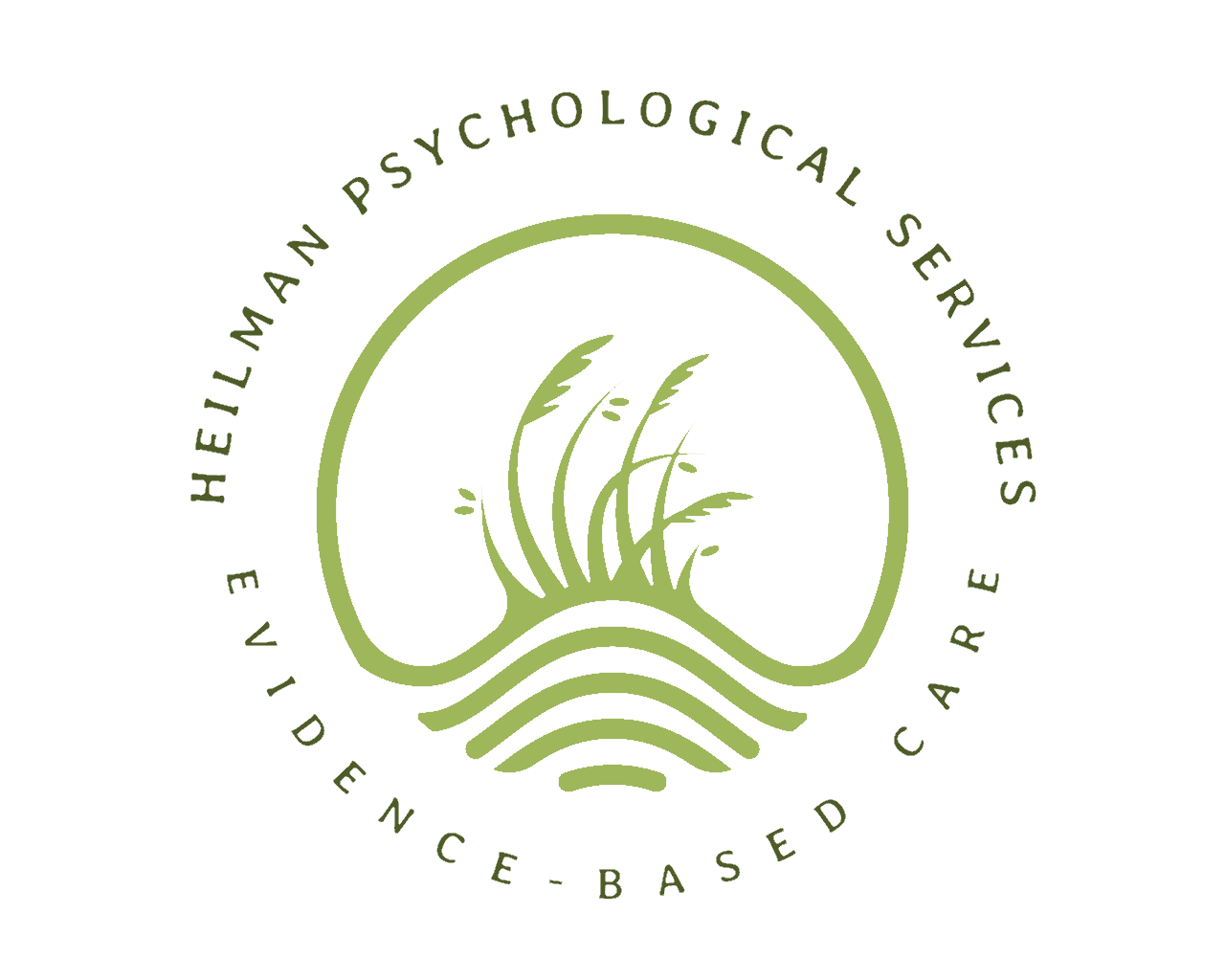Coping with Rejection and Loneliness
“The most terrible loneliness is not the kind that comes from being alone, but the kind that comes from being misunderstood.” ~ George Orwell
“Paradoxically, the ability to be alone is the condition for the ability to love.” Erich Fromm
Dealing with rejection and loneliness are a normal part of being human. There are moments in our lives when we may feel alone, isolated, misjudged, or unworthy. Loneliness can show up when we’re in a room full of people or when we’re home by ourselves. Feelings of loneliness and unworthiness often accompany other mental health issues such as depression, grief, anxiety, or OCD.
Human connection and belonging are essential to our survival. As Russ Harris (2008) states in “The Happiness Trap,” our minds try to protect us from rejection by constantly comparing us to others. A hundred thousand years ago, we only had a few members of our clan to compare ourselves with. However, in modern times, we are endlessly exposed to people we perceive as smarter, more attractive, or more successful. It’s no wonder a common issue that arises in therapy is the idea of not being good enough. As I tell my clients, we all have our own version of “not good enough.”
Here are some of the strategies I use with my clients to help them address these concerns.
Acknowledge the feelings and find a way to process them- Start by noticing and naming the feelings and sensations. (i.e. “I notice I’m feeling lonely, self-conscious, out of place,” “I notice I’m shaking and have a knot in my stomach”). Writing or using a voice recorder to process what we are feeling can be helpful.
Consider the interpretation of the situation- Often with interpersonal problems, we engage in mind-reading. For example, if we go to the office and see a coworker who barely acknowledges us, the assumption might be, “He doesn’t like me” or “I’ve offended him.” A misinterpretation can lead to feelings of rejection. Practicing cognitive flexibility can help. What might happen if we consider a more neutral interpretation such as “Maybe he’s in a bad mood or hasn’t had his morning cup of coffee?” (See my previous blog on Flexible Thinking for Relationship Improvement for more information).
Seek to exhibit the type of behaviors you are hoping to attract in others- If you want someone who is a good listener, practice listening skills with coworkers, neighbors or family members. If you’re looking for people with common interests, join a sports league or sign up for a class, a workshop, a book club, or Bible study.
Learn to enjoy your own company- Most of us spend at least some time alone. The ability to be alone helps to build a healthy sense of self and independence which is beneficial to relationships. When we enjoy our own company, it helps us to be more confident and secure when in the presence of others. Developing a healthy routine that includes productive and enjoyable activities can help. Creative hobbies such as knitting, journaling, drawing, photography, or painting are great ways to spend time alone.
Stop unhealthy comparisons- “Comparison is the thief of all joy” (often attributed to Theodore Roosevelt). When we compare ourselves with others, it is usually not fair or accurate. Often, we consider everything we know about ourselves and compare this to someone’s highlights reel on social media. Instead, we can turn a comparison into a compliment. How might it feel to think “I really admire her confidence” as opposed to “I wish I could be more confident like her.” A better way to engage in comparisons is to think about where we are now compared to where we were a few months ago, a year ago, etc.
Practice Gratitude- We can think about the family, friends, coworkers, neighbors and others currently in our lives and what we appreciate about those relationships. Not every friendship or relationship is meant to last long-term. But, in many situations we can be grateful for those relationships. No one can take the memories and lessons that came from them.
Focus on the lesson- During seasons of rejection and loneliness, we can learn a lot about ourselves and our relationships. Consider past rejection such as a break-up, job loss, or the end of a friendship. In what ways did it help you to learn and grow? As painful as it is, rejection teaches us humility and can help give us a new perspective. Sometimes the most painful rejections lead to something that is better for us that we just can’t see yet. Have you ever experienced a rejection that opened the door to something better for you? How have you grown from past rejection?
References:
Harris, Russ (2008). The Happiness Trap. Trumpeter Books.
If you or someone you know is going through a season of rejection or loneliness, I’d love to help. Feel free to contact me at 630-570-0095 or email at drpamheilman@heilmanps.com.
If you experience a life-threatening emergency or become concerned about the ability to keep yourself or others safe, visit your nearest emergency room or call 9-1-1. If you are experiencing suicidal thoughts, you may call the Suicide Prevention Hotline at 9-8-8 to talk to a trained professional.
The content on this website is meant for informational purposes only and is not intended to take the place of mental health diagnosis and treatment. All information is provided on an "as is" basis. Heilman Psychological Services, PLLC does not assume responsibility or liability for any errors or omissions that may occur.
